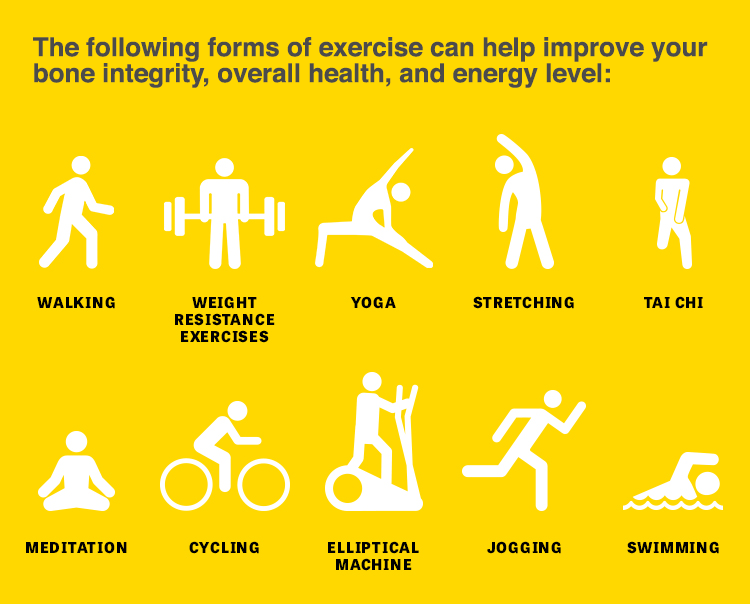Prostate cancer can impact your daily life and your relationships. Part of living with this disease is understanding how it will change your relationships, your health and your daily activities, and then beginning to proactively take control.
Of course, side effects such as fatigue or sleep problems can make it difficult to find the motivation and energy to be active. Certain treatments can worsen these side effects, so if you are experiencing fatigue or other side effects, make sure to alert your doctor or nurse.
Beyond side effects, make sure your doctor or nurse is aware whether or not you feel like yourself while on your prescribed medication – side effects are one thing, but your healthcare team also wants to know how your condition and treatment regimen are affecting your everyday life.





627f.png?itok=PoTlGU5W)